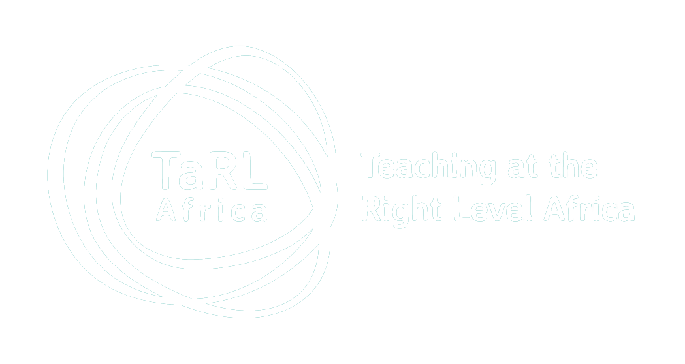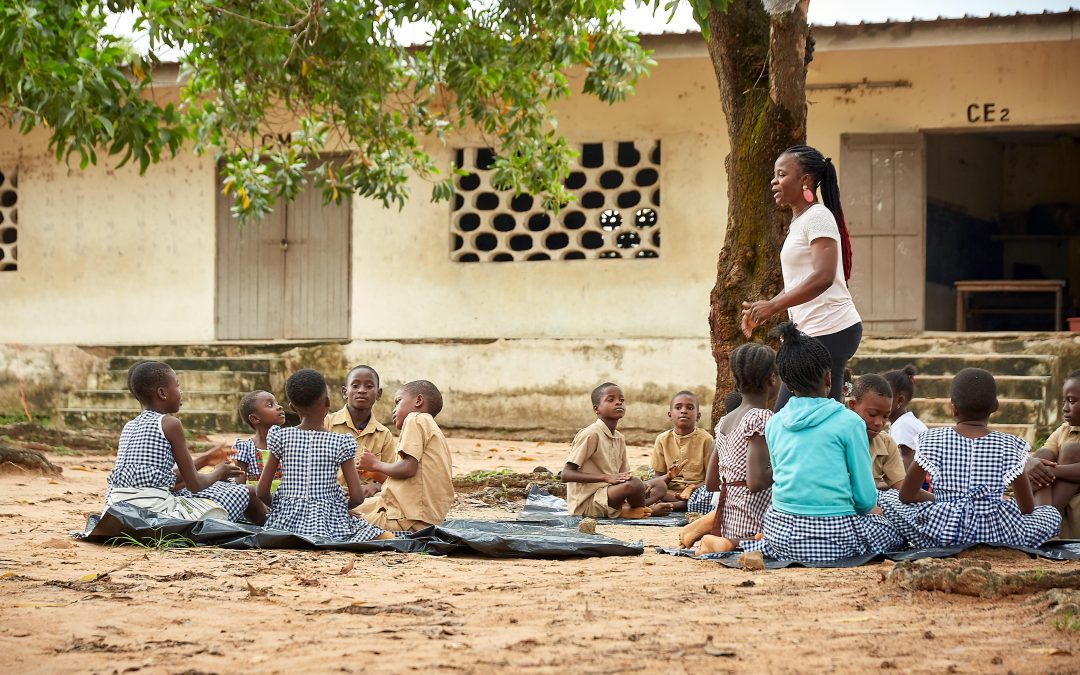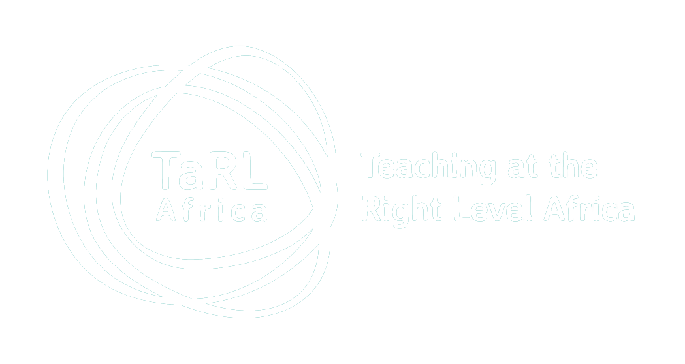To recover from dramatic learning losses, and to ensure quality education throughout life, there is a need for foundational learning.
Currently, in low- and middle-income countries, an estimated seven out of every ten children suffer from learning poverty: they cannot read and understand a simple text by the age of ten. According to a 2021 learning assessment by Uwezo dubbed ‘Are all our Children Learning?’, only two in five grade four learners are at least meeting the expectations in reading a grade three appropriate English text in Kenya. Simply put, many 10-year-olds would not be able to read this article.
Evidence suggests that if a child does not learn basic literacy and numeracy skills in the early grades of primary school, they get left behind in the higher grades—no matter how many years they spend in school. Yet, in middle to upper primary school, most curricula move away from building foundational skills, so children who have not grasped these skills do not have the opportunity to catch up. But all is not lost for these children, as there exist simple and cost-effective solutions that would bring them up to speed with their peers. Foundational learning is reading with comprehension and doing basic math calculations like solving addition and subtraction problems. Foundational learning provides the building blocks for all other learning and is critical to enabling all children to reach their full potential and participate in society.
Even before the Covid-19 pandemic, learning inequalities existed, especially among marginalized and poor children, girls, children with disabilities, and children in conflict and crises. The pandemic heightened this crisis with the extended school closures, only increasing an already dire situation.
Kenya has been a champion for global efforts toward attaining the 2030 target for the fourth Sustainable Development Goal (SDG), which aims to ensure inclusive and equitable quality education and promote lifelong learning opportunities for all. In addition to increasing school enrolment to 92.4 percent as of the 2019 economic survey, the country has endorsed the 2021 Call to Action on Domestic financing and actioned its recommendations by dedicating 26 percent of its national budget to the education sector.
This commitment, however, needs to be augmented with practical and concrete action and evidence-based plans that advance accelerated learning and recovery of the lost learning time as a result of Covid-19 school closures. The Teaching at the Right Level (TaRL) approach has been implemented and scaled up in several African countries, including some parts of Kenya, and has proved to help learners to catch up on foundational learning. Pioneered by Pratham, one of India’s largest education NGOs, and now being implemented by various actors in Africa, the approach is known to transform learning outcomes within a short period of time.
TaRL zeroes in on classroom practices, enabling and motivating teachers to ensure all students attain basic literacy and numeracy skills. TaRL assesses children using a simple testing tool at the classroom level and then groups them according to their learning level rather than their age or grade, creating an environment where level-appropriate content is quickly learned. For a period of the day, children in middle-upper primary focus on foundational skills using a specific accelerated learning methodology, providing children with an opportunity to catch up. Recently the Global Education Evidence Advisory Panel identified the TaRL approach as a “good buy” in their advice on cost-effective approaches to improving global learning.
To transform foundational learning, the Ministry of Education will need to take urgent and decisive action to ensure all children, including the most vulnerable and marginalized, develop basic reading, writing, and numeracy skills. This will involve buy-in, increasing access to remedial and catch-up learning initiatives such as TaRL, and supporting teachers with the necessary training to deliver targeted instruction.
Since the government has made great progress on universal enrolment, it now needs to focus on the quality of education by assessing learning levels regularly and prioritizing teaching the fundamentals.


